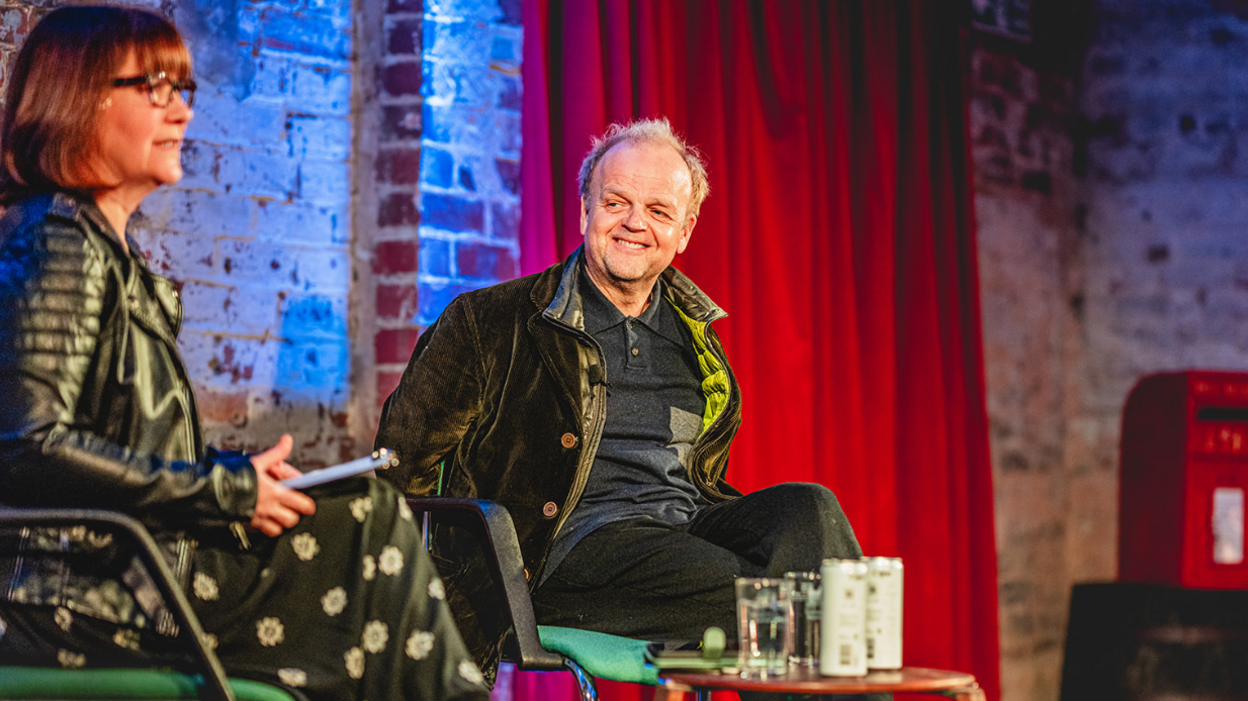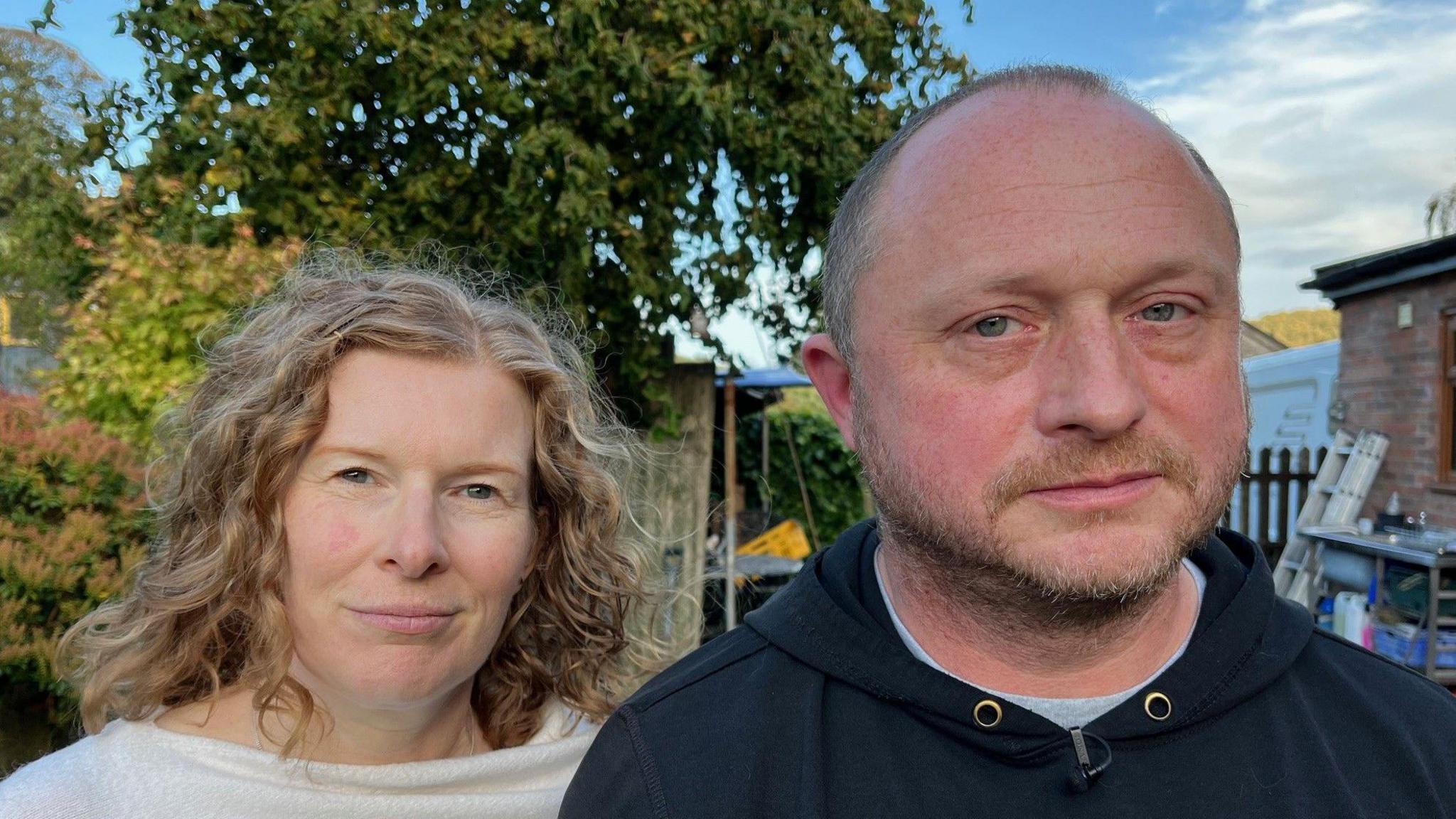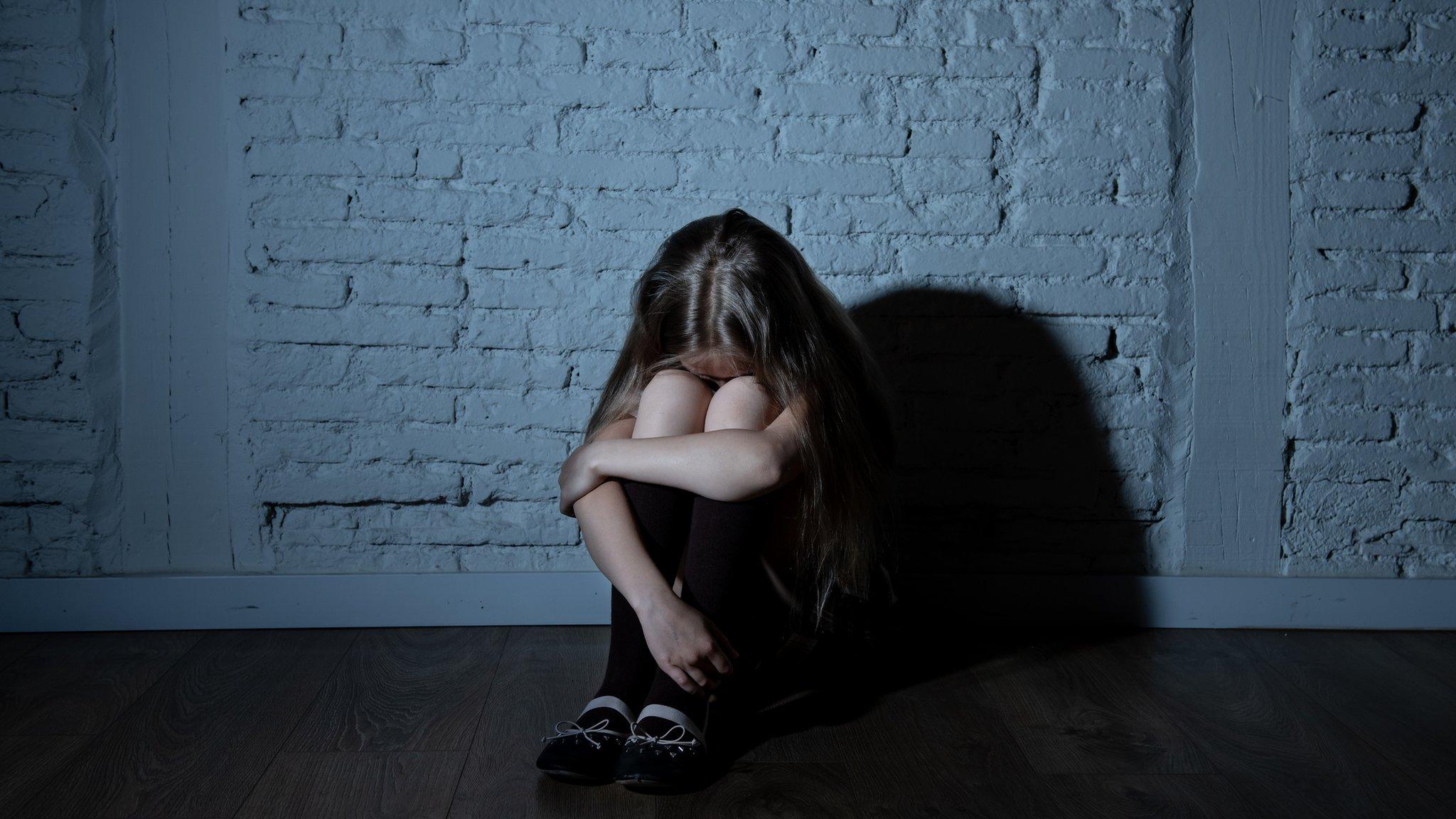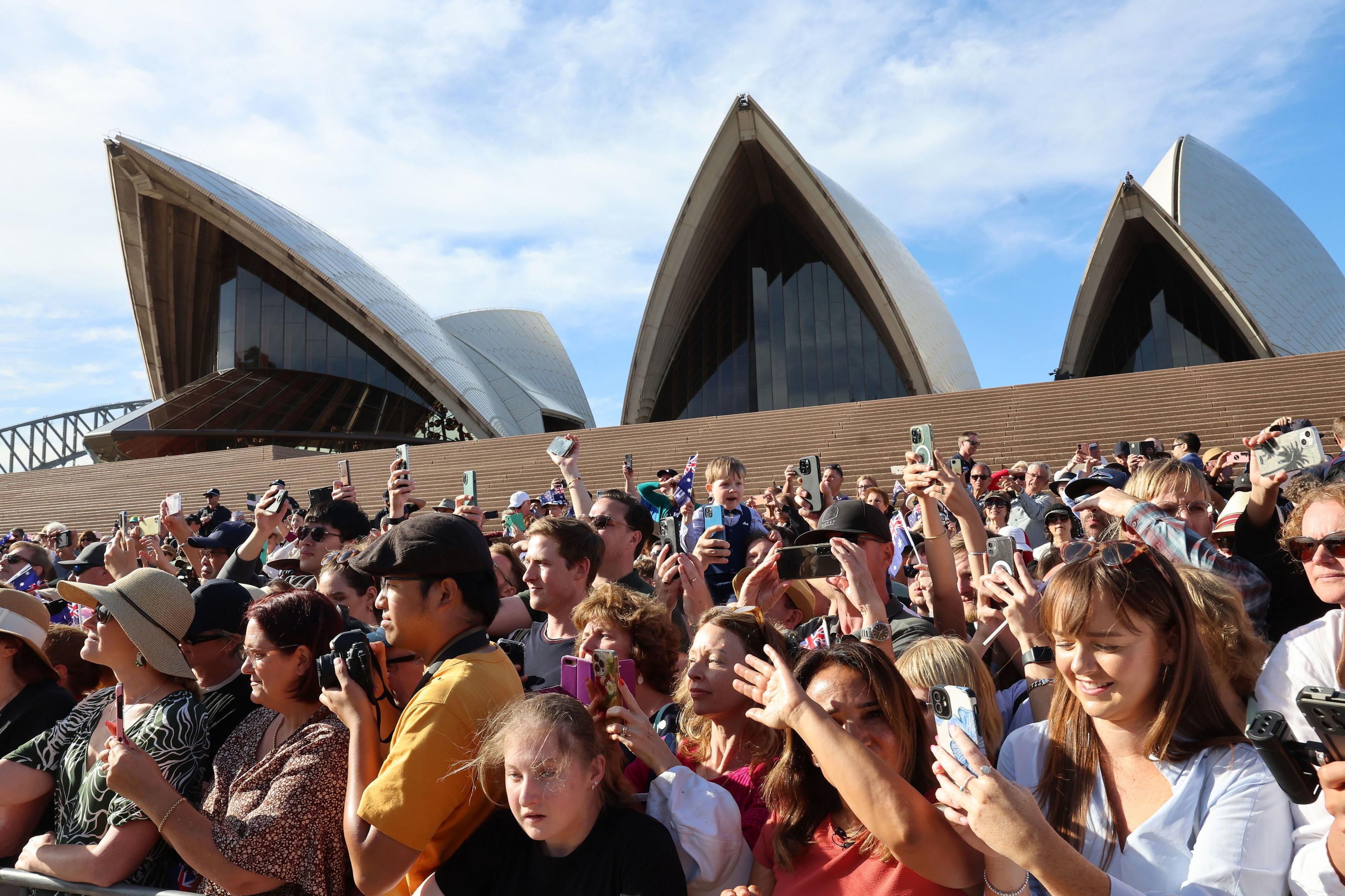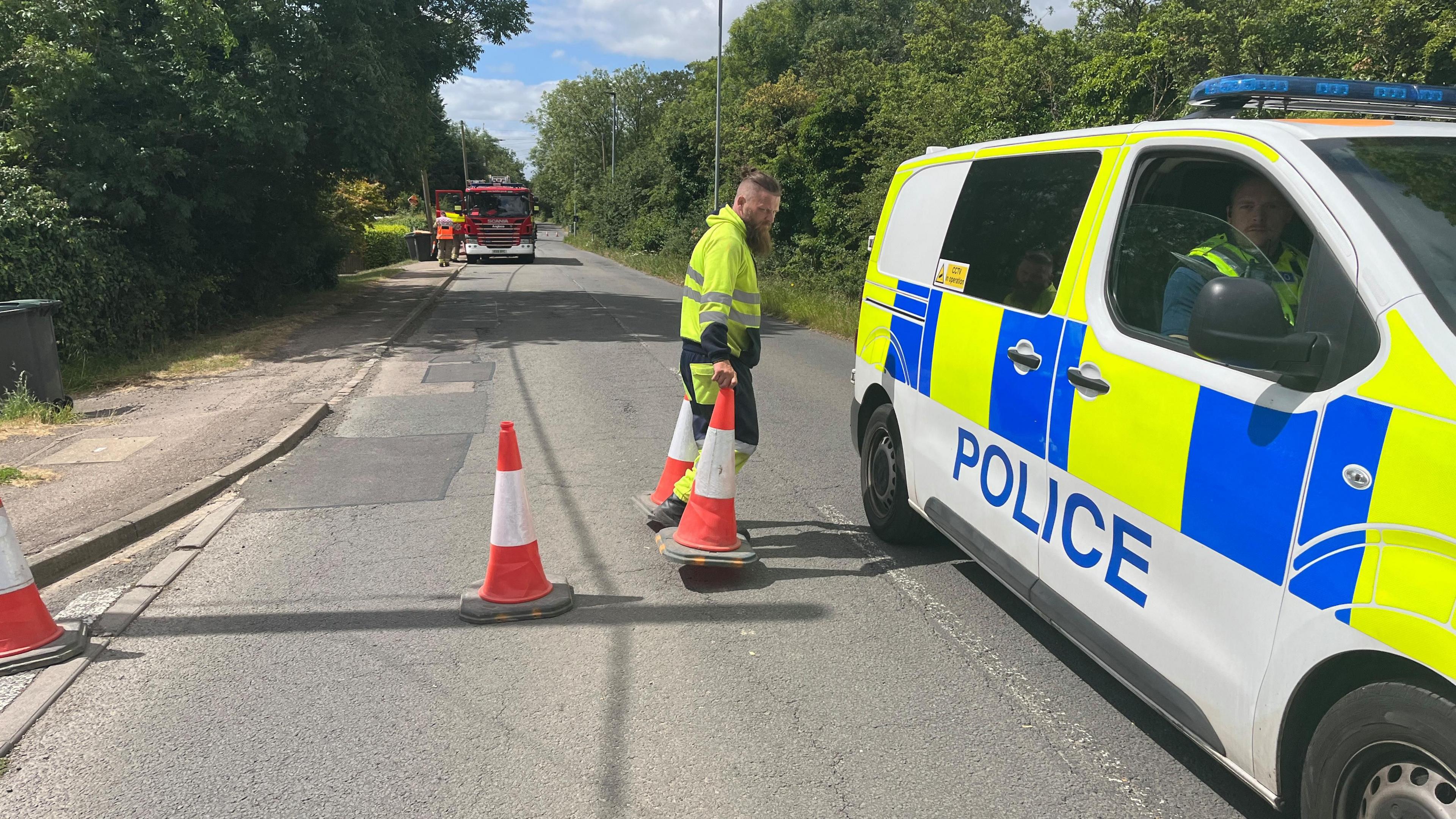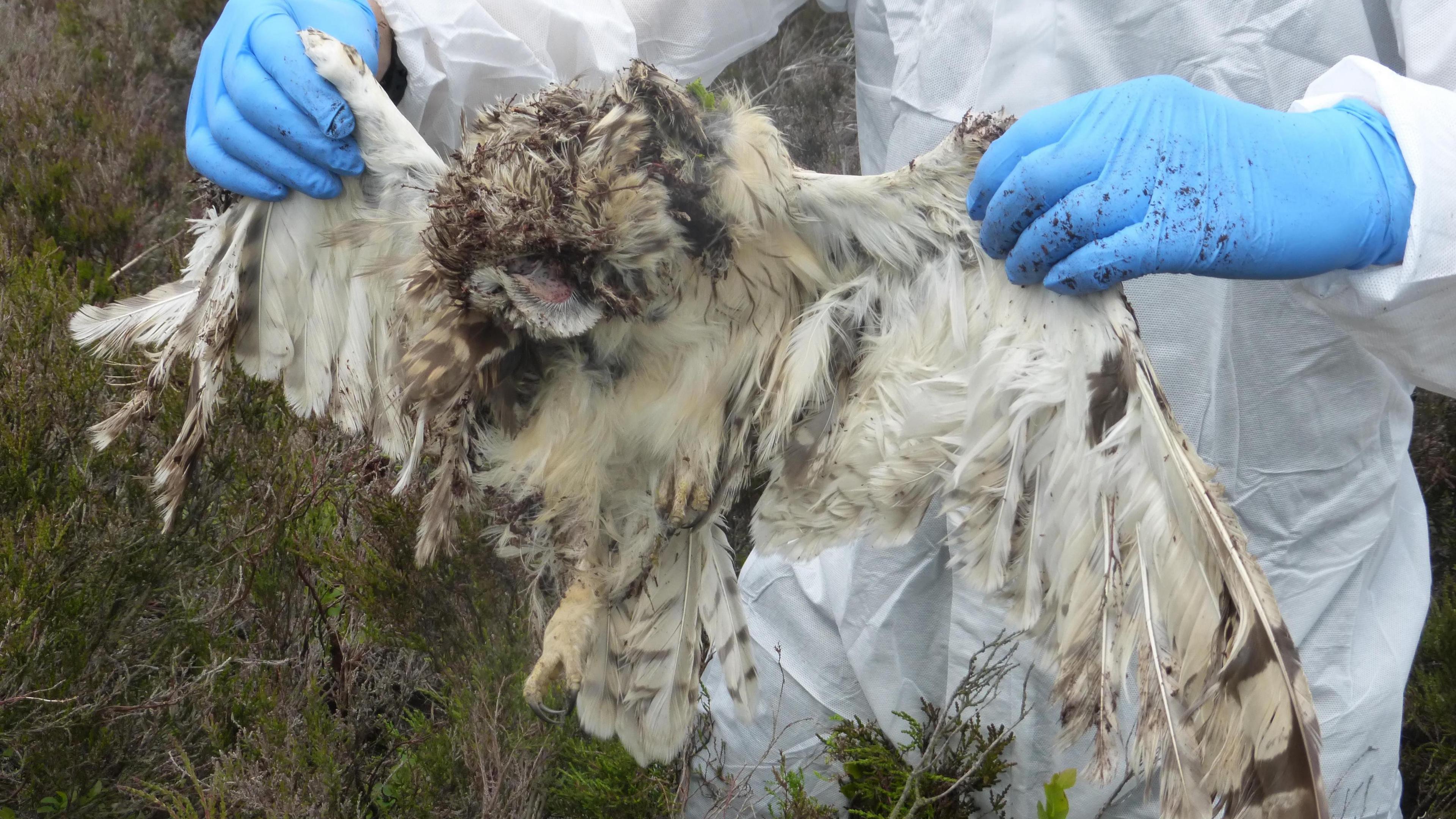The stories of the people caught up in the Post Office scandal inspired one of the landmark TV shows of recent years.
Now, after the success of ITV’s Mr Bates vs the Post Office, a new drama is telling more of the human stories behind the scandal in a different way – as a theatre musical.
The show, called Make Good, follows characters based on some of the sub-postmasters who were wrongly convicted using evidence from faulty computer software.
Telling the story as a musical is “the best way of accessing the heartache and the torment and the isolation” of the victims, co-writer Jeanie O’Hare told BBC News.
O’Hare began working on Make Good long before the ITV drama aired in January. She has spoken to real Post Office workers who were caught up in one of the UK’s biggest ever miscarriages of justice.
“The big tension in the Post Office story is that these people are trying to hold on to the fact that they know they are good people, and they’ve been pillars of the community, but the world is now screaming at them that they are liars and thieves,” she said.
“They gave their hearts and souls to us as communities and are still doing so. And we decided to believe a bit of tech rather than believe the living, breathing, amazing human beings who had been holding our communities together forever.”
O’Hare, who worked for the Royal Shakespeare Company for seven years and was chair of playwriting at Yale School of Drama, has written the script for Make Good.
The songs have been composed by Olivier Award-nominated Jim Fortune.
“They get inside the soul of the characters and tell the emotional journey of those characters,” he said.
Make Good is being performed in theatres and village halls across England by long-running touring theatre companies Pentabus and New Perspectives to mark both companies’ 50th anniversaries.
The tour launched on Saturday in Ludlow, Shropshire, where Pentabus is based.
A different community choir has been recruited in every location to perform with the cast.
“They will vary in number and they will vary in tone, but it will all be fabulous,” Fortune said.
Before the tour began, some real sub-postmasters went to watch the show in rehearsals.
“They’ve been amazing, they’ve come in, and we’ve sung at them, and they’ve been generous,” Fortune said.
“It must have been the weirdest experience for them. But they’ve been quite extraordinary.”
O’Hare added: “We set aside a room at the side where they could just sort of disappear and just have a cup of tea if they needed to.
“But actually, they stayed with us all the way through, and their response was basically that the difference between what we’re doing and what ITV drama was doing was that we are genuinely breaking their hearts and capturing the heartache of it.”
Between 1999 and 2015, hundreds of sub-postmasters were wrongly prosecuted when faulty Horizon accounting software made it look as though money was missing from branches.
Many went to prison for false accounting and theft, and many were financially ruined.
O’Hare spoke to some of them in the course of her research, and gathered material from the Post Office Inquiry.
Unlike Mr Bates vs the Post Office, her characters aren’t directly based on specific people, but are closely inspired by what the real individuals went through.
One of those she spoke to was Chris Trousdale, who was just 19 when he was convicted for accounting irregularities at his post office in the Yorkshire village of Lealholm. He had his conviction overturned in 2020.
“One thing I said to them all (the cast and crew) when I went to watch the rehearsals was that the sub-postmasters are not precious about the story. They just want it to be done justice to,” Mr Trousdale said.
“And the reason they want it to be done justice to is because they don’t want it to happen to anyone else.”
Seeing actors perform some things he had told the playwright was “cathartic”, he said.
“When I went to watch the rehearsals, I was a bit – dubious is the wrong word – but a bit interested to see how a musical would work with it,” he said.
“We’ve seen a previous play, and then obviously we’ve seen the drama on ITV, and you think, well, how is this going to be handled? And I was absolutely blown away.
“One thing that this will do, which the TV drama didn’t, with the singing, will portray that inner agony, which really comes across.”
Another play on the subject, called Glitch, opened in Reading in June.
In January, Mr Bates vs the Post Office was watched by 10 million people, and has won prizes from the Royal Television Society, National Television Awards and Broadcasting Press Guild.
It also put the issue on the front pages and at the top of the political agenda, with the former government announcing legislation to quash convictions in February.
“I think I got to a position where I thought the drama is not having that kind of impact any more,” O’Hare said.
“But actually, they really did have an impact. They really changed the conversation in the House of Commons. That drama impacted the law, and it felt really encouraging. But I also knew that we were doing something very different.
“In a village hall with a community choir, the experience is wrapped around you, and it’s not about revealing things. It’s actually about trying to heal things and trying to reconnect us all to the story, and reconnect all of us to each other.”
Make Good is on tour until 1 December.

